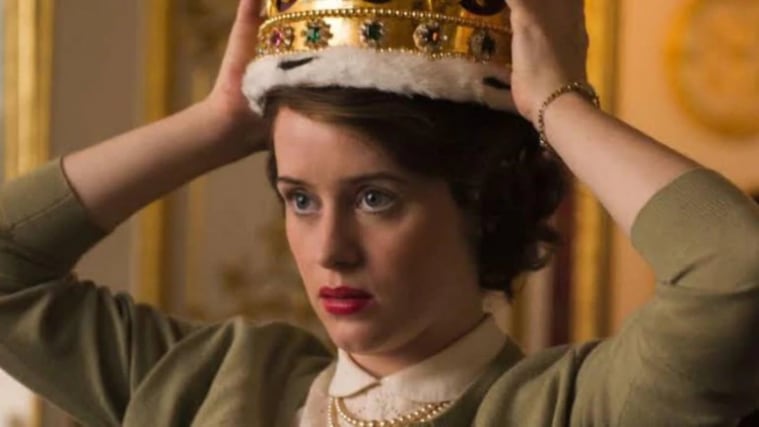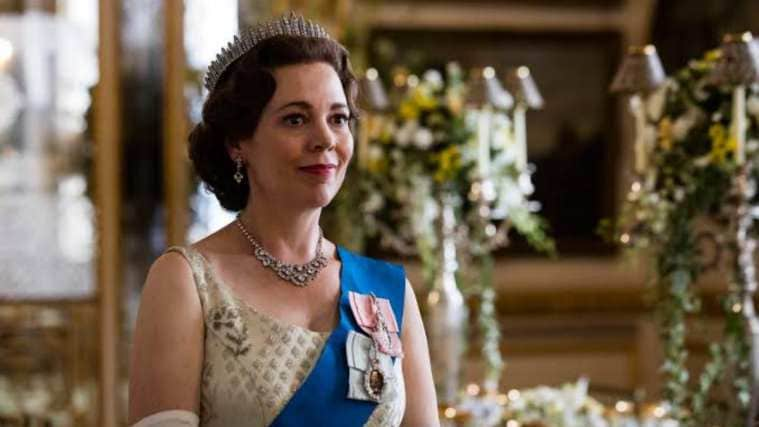 Peter Morgan says he enjoys writing all the characters from the show, The Crown.
Peter Morgan says he enjoys writing all the characters from the show, The Crown.
Peter Morgan is the showrunner of one of Netflix’s most acclaimed shows, The Crown. The historical drama that chronicles the life of Queen Elizabeth II has achieved the rather difficult and delicate balance of depicting the royal family, while not displeasing them (yet). It also is a startling case study in humanising one of the most inaccessible figures in history, the Queen herself.
In an interview with IndieWire, Morgan had divulged, “I don’t want to recommit until I see what sort of impact the show does or doesn’t have. If the show is sort of politely received, then I don’t think I want to continue.” This was just after the completion of the first season. The Crown is now in production for a fourth season, and the popularity of the series is a testament to how his doubts were demolished.
Morgan will be a part of the new digital initiative of Jaipur Literature Festival, JLF Brave New World. He will be in conversation with director Ritesh Batra on May 2 at 7:30 pm. You can watch the session on Youtube and Facebook.
In an exclusive interview with indianexpress.com, Morgan throws light on his research, the way fact marries fiction in the series and confirms what we knew from the start: Olivia Colman is brilliant.
Extracts from the interview:
For a show that spans the long life of a reigning monarch, how exactly does the writers’ room choose a particular phase, build a narrative and go about access and research?
Outlining and researching each season is a process that takes many months – with much deliberation, changing of direction, but ultimately it’s also the most satisfying part of the process. Often I use the length of a Prime Minister’s ‘reign’ as the way to divide the Queen’s long reign into manageable portions. Season 4 is a case in point, going from 1979-1990 (Mrs. Thatcher’s time in office).
 The Crown is one of Netflix’s most successful dramas. (Source: Netflix India)
The Crown is one of Netflix’s most successful dramas. (Source: Netflix India)
What is the risk of balancing fact with fiction, knowing that the Queen and the royal family is well in the position to scrutinise your show?
I do my very best to be responsible in this area, but sometimes a writer has to use their creative imagination, and I think the audience expects (and welcomes) that. Often fiction is more honest than “official history”.
Given that part of the cast has changed twice already, do the actors have different ways of preparing for the roles? How much of the physical history do they fall back upon? For example, Claire Foy might have had less audiovisual references to work with than, say, an Olivia Colman.
All actors have wildly different processes and ways of preparing. Olivia Colman is brilliant and instinctive and spontaneous. Gillian Anderson (Thatcher) is brilliant and prepared and meticulously researches her role.
Do you, as a creator, find yourself thinking in terms of the life-cycle of the show when major events unfurl in the Royal Family today? Prince Harry leaving the fold, the Meghan Markle effect, the Queen’s rare address during the pandemic?
I try not to focus on any ‘metaphors’ or ‘parables’ – but an audience cannot help making their own associations and interpretations and connections, and I welcome that. What audience members bring to the work, the connections they make is every bit as valuable, and usually more profound and interesting than what I am writing, and what my intentions are as author. I try to keep at least 10 years, preferably a whole generation between the time when I am writing and the period I am writing about, otherwise it becomes journalistic.
 The show is in production for the fourth season. (Source: Netflix India)
The show is in production for the fourth season. (Source: Netflix India)
There’s no end to the mining of a life lived, so where do you draw the line? Are these specific or unofficial rules about what can be depicted and what stays off-limits?
I suppose that whenever one writes about another person’s life, one cannot help but also bring other factors into the equation – including one’s own life’s experience. I have often thought I have chosen the British Royal Family as avatars almost, through which to explore the multi-generational experiences of a family that are yes, specifically the Windsors, but also in a way all of us, too. Set against a backdrop of the history of Great Britain in the second half of the twentieth century.
How difficult is it to critique the position of privilege while simultaneously sympathising with the family as duty-bound victims of a nation? How does one resist shifting the perspective to the more mercurial and interesting characters of the show like Princess Margaret or Phillips?
Anecdotally, I’m told the show is watched, and I hope enjoyed and valued, by anti-monarchists and monarchists in equal number, which suggests we have got that about right and is perhaps a reflection of the fact that after all these years I still haven’t quite made up my mind what I think about them all, and believe me, I’ve given it thought. I enjoy writing all the characters equally, but I try to keep it focused on the core Crown characters, which is Elizabeth and Charles first and foremost. Then the senior royals – including Margaret, Philip – and now Anne, too.